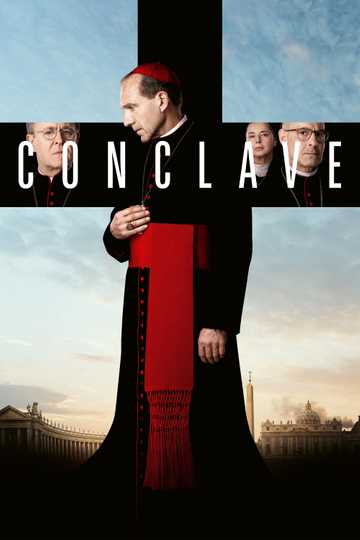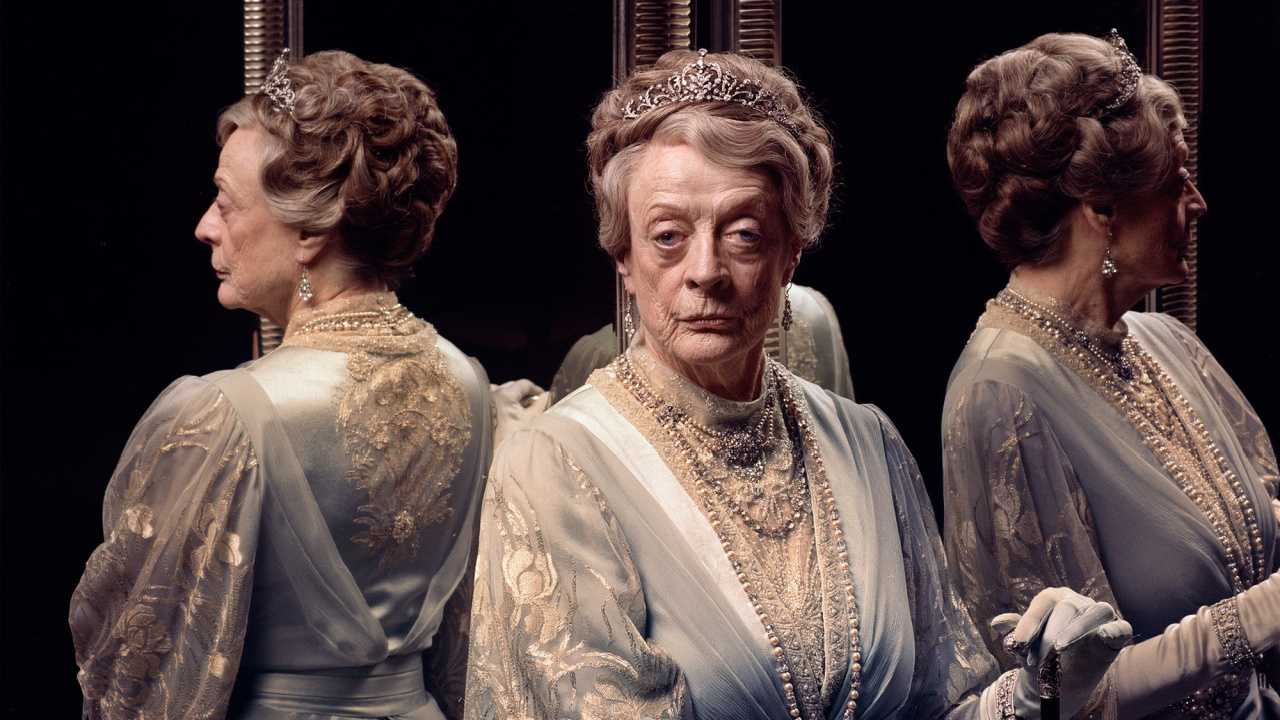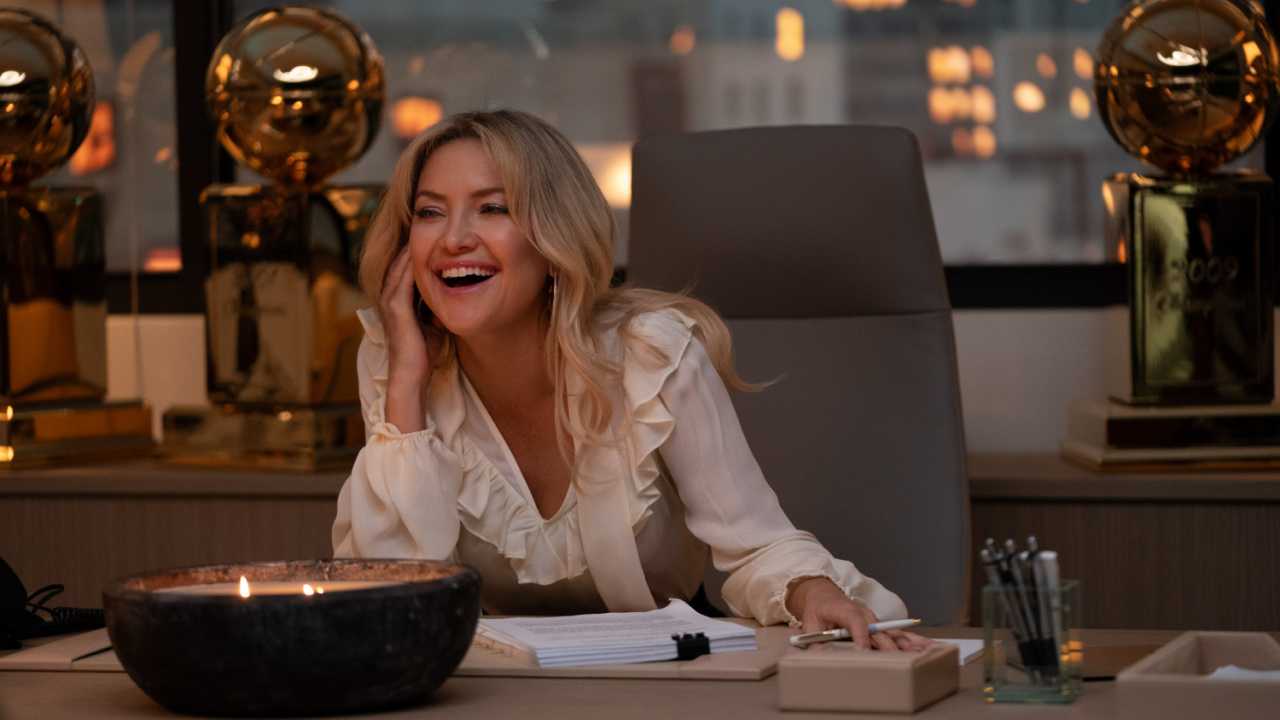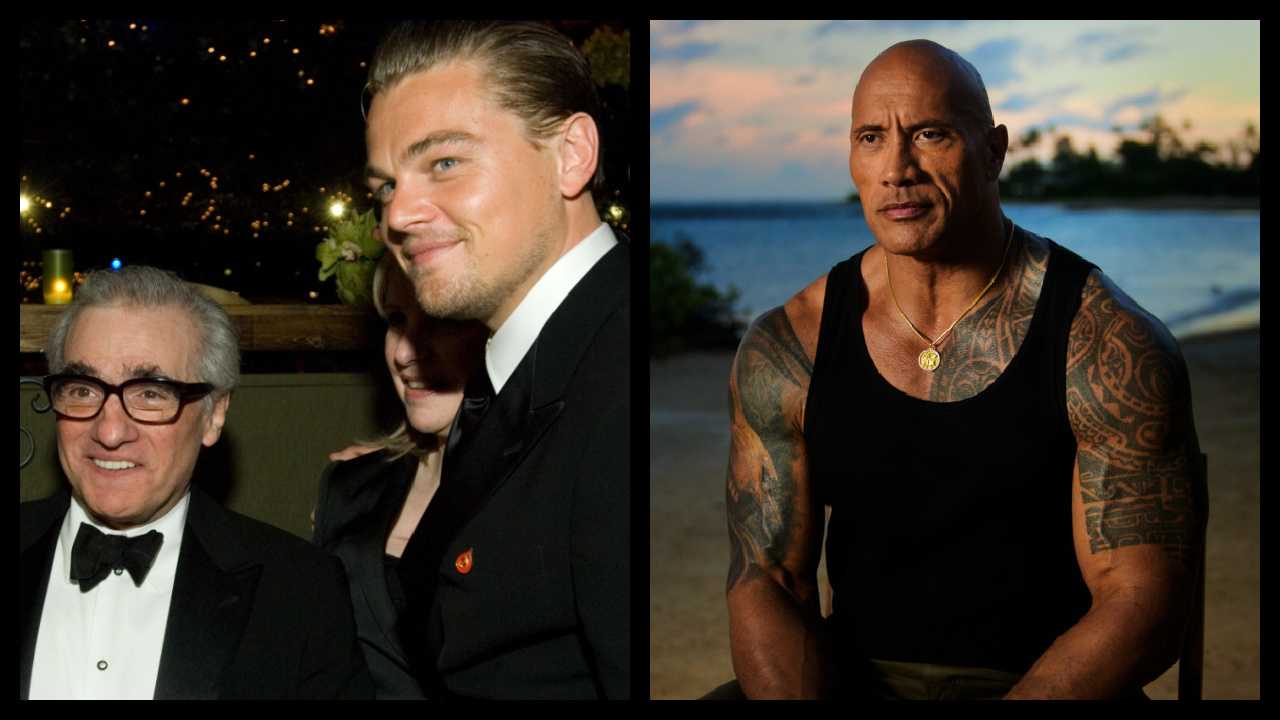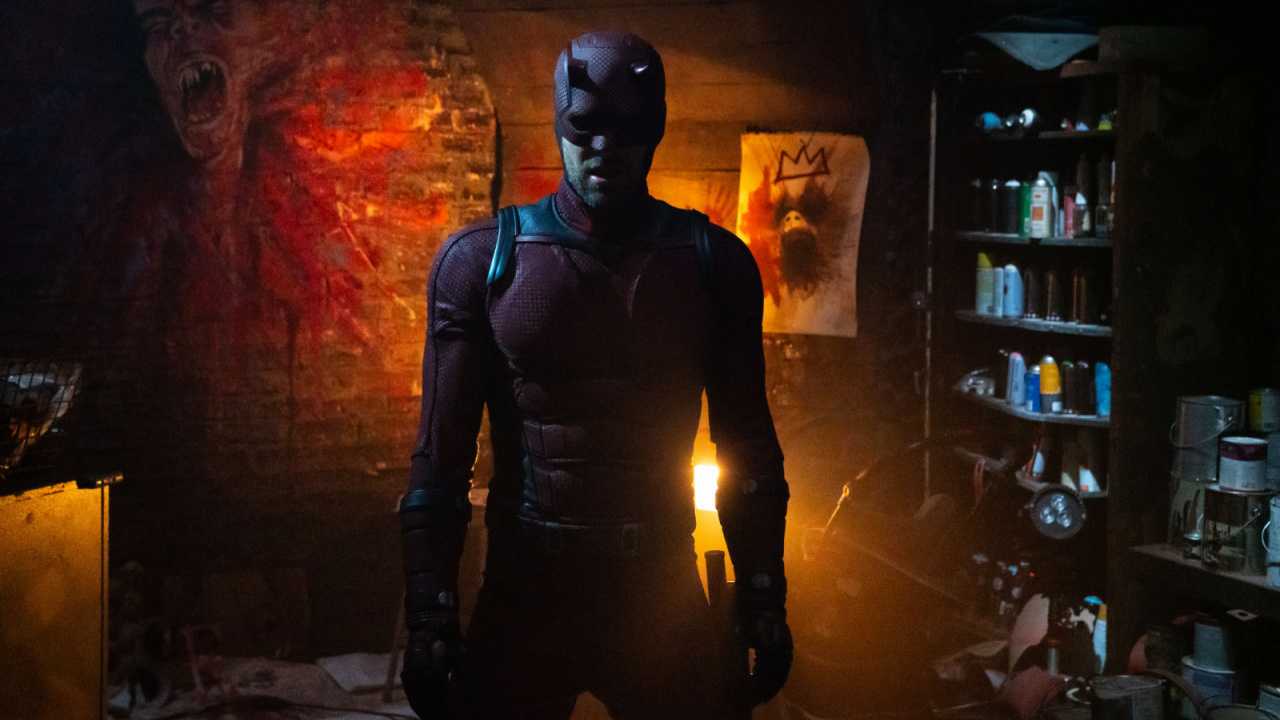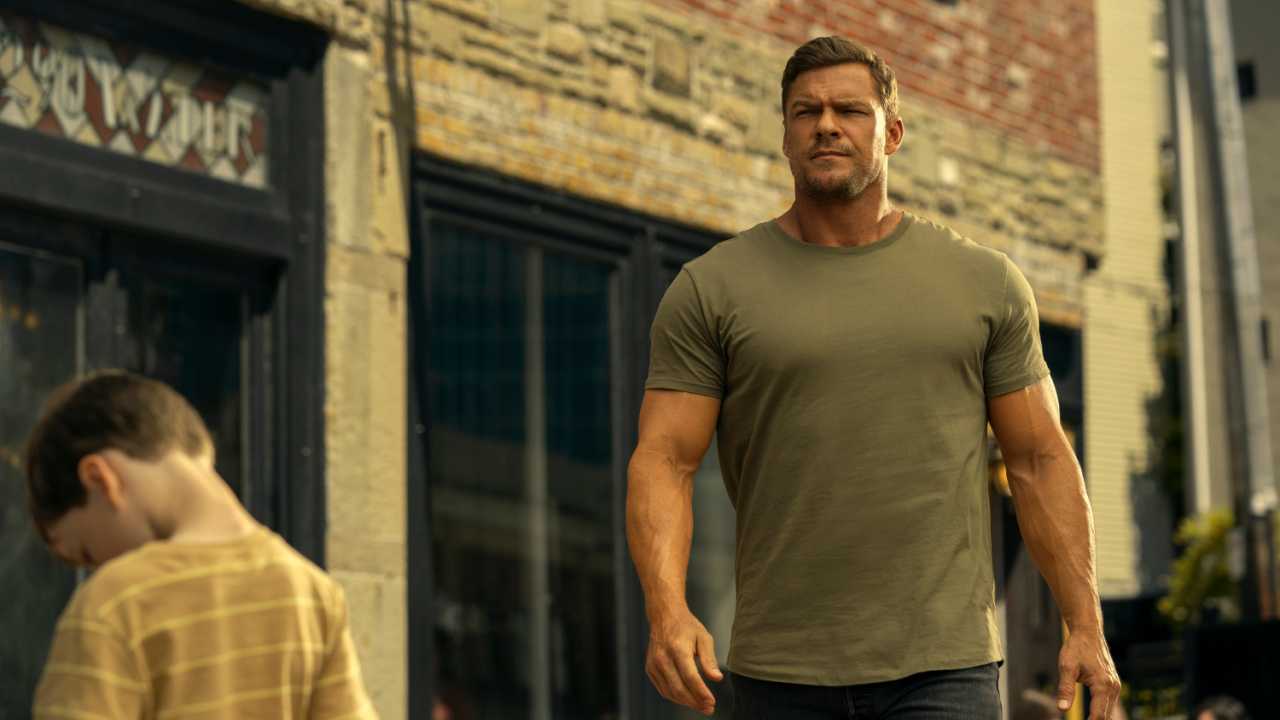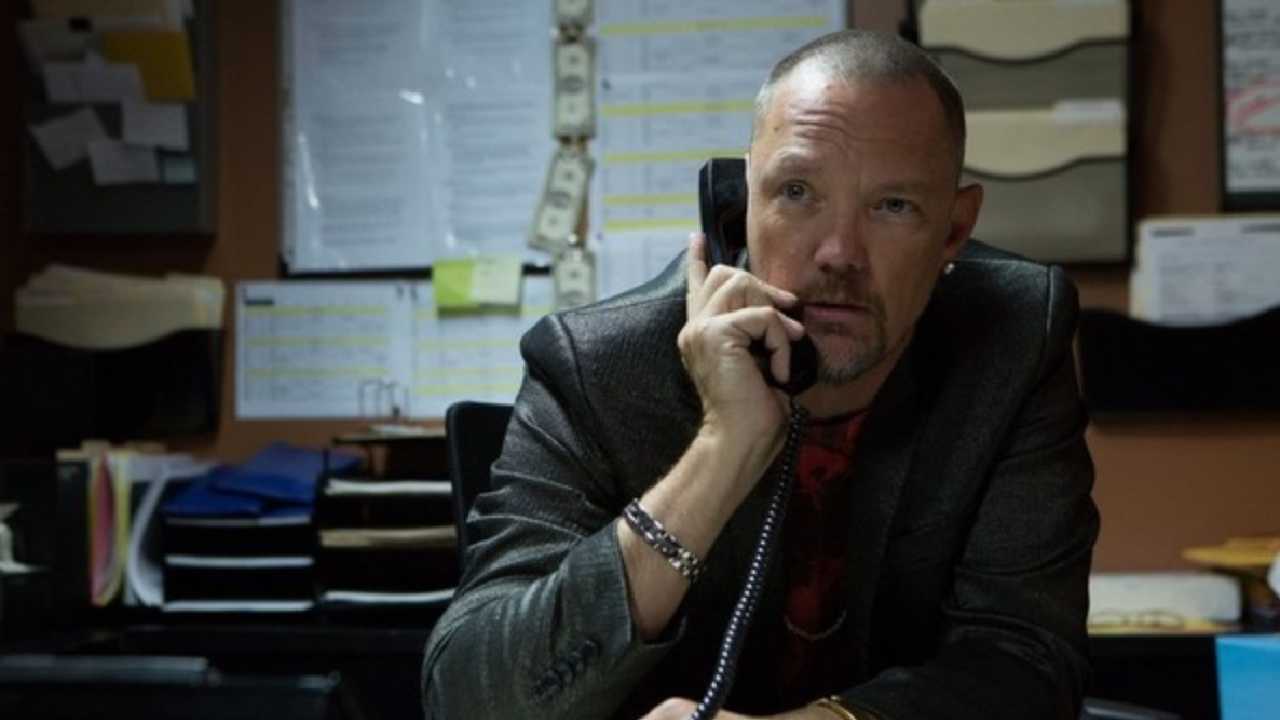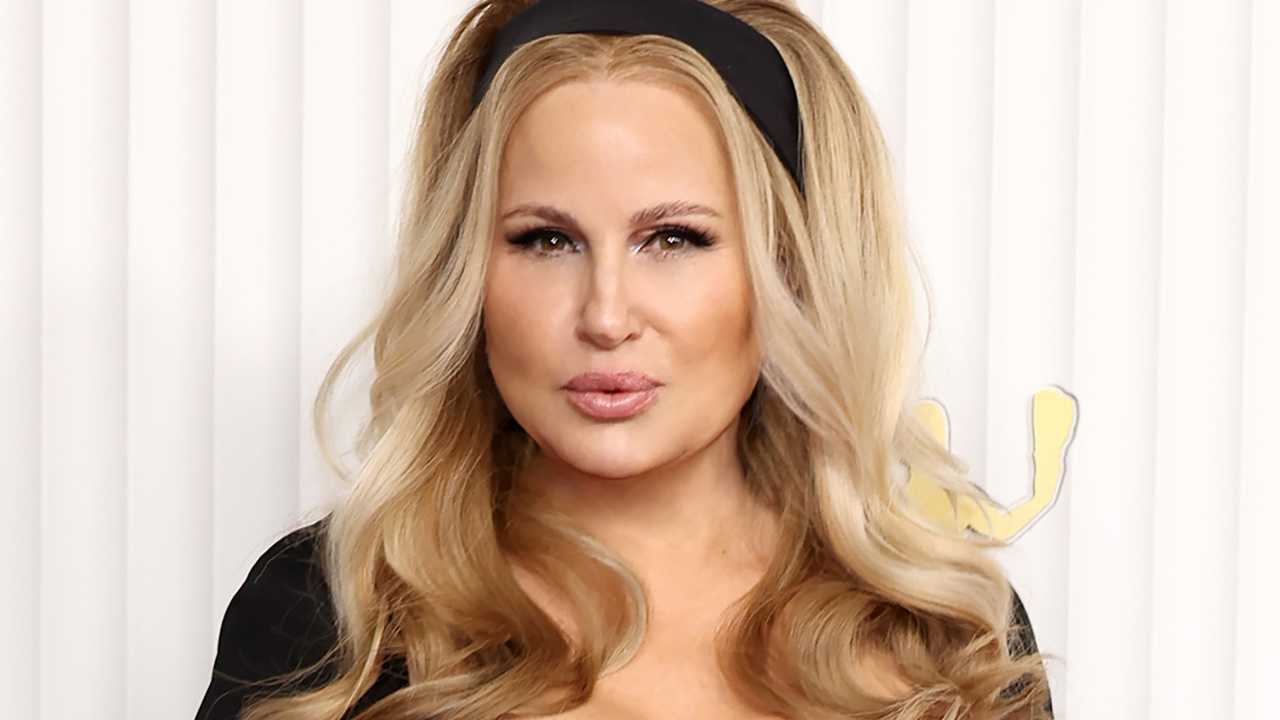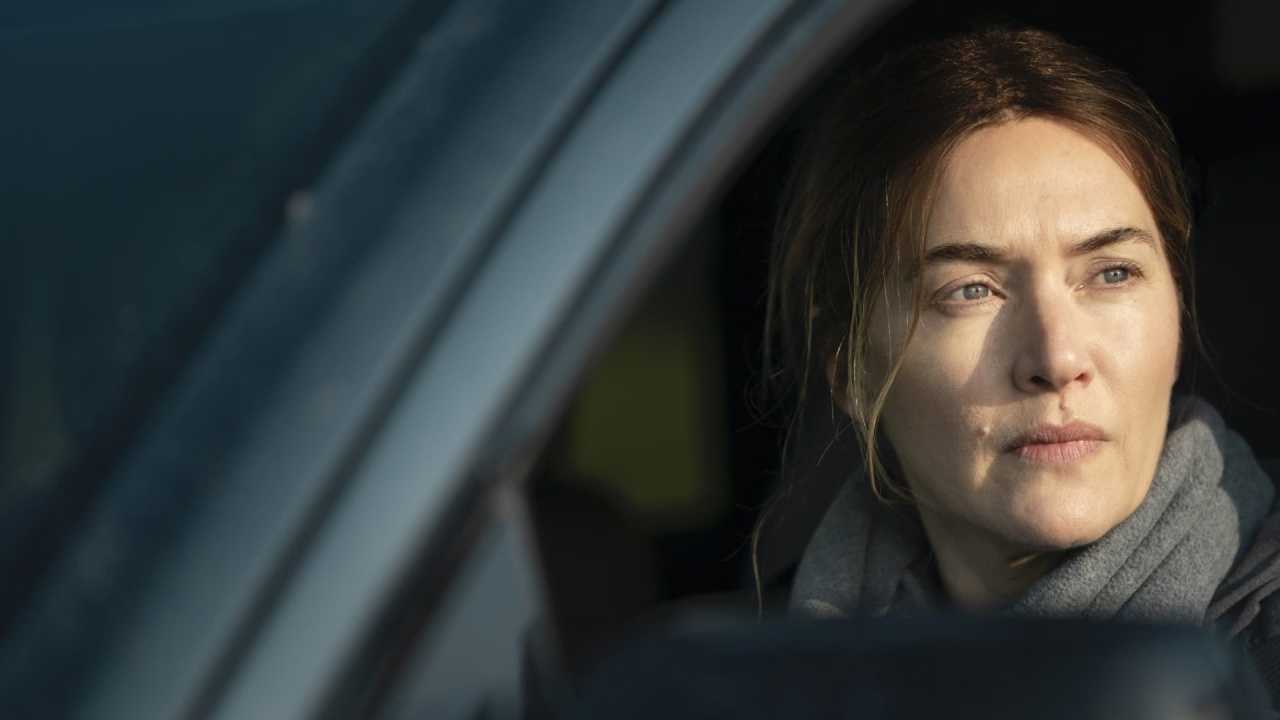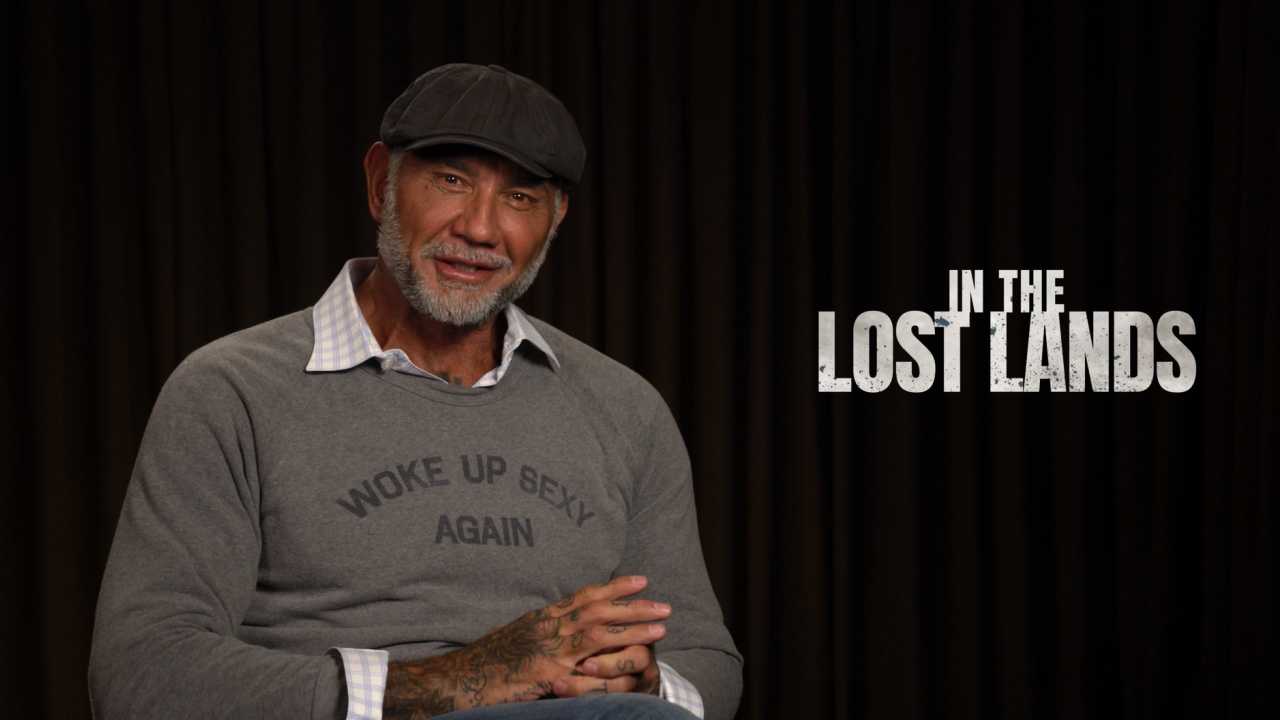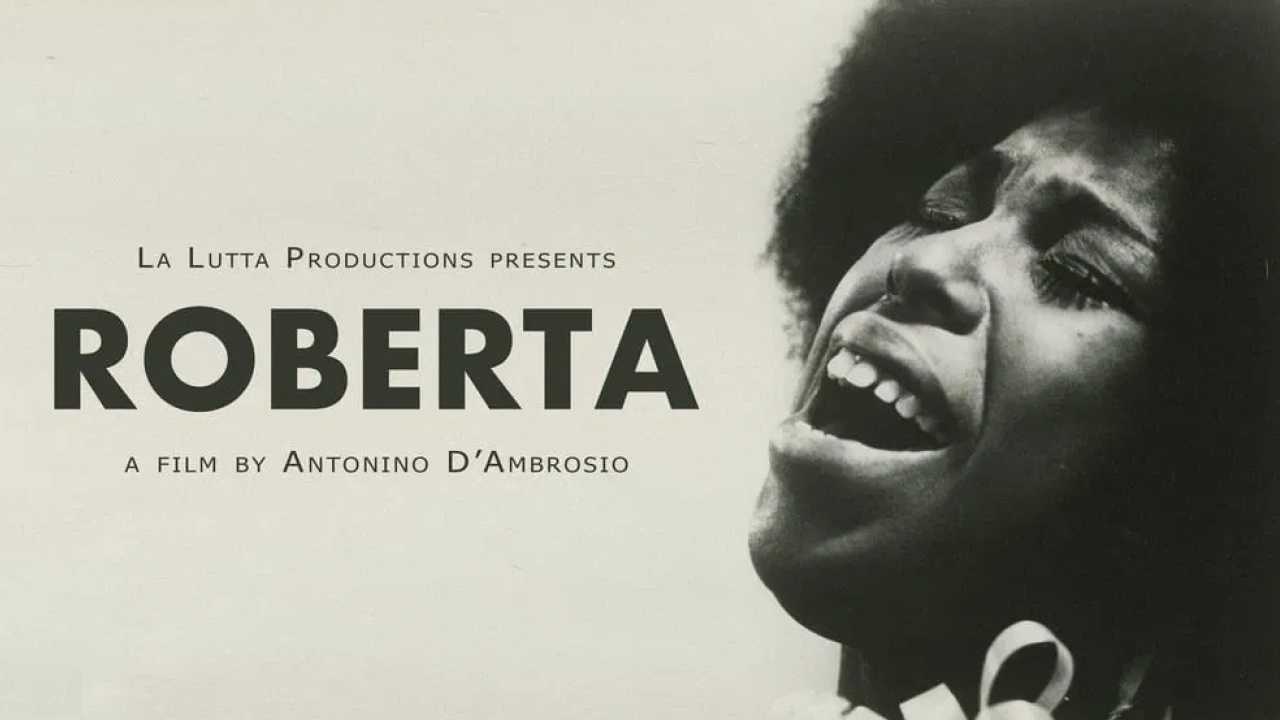5 Characters Found in (Practically) Every Period British TV Show
OK, you can admit it now -- you loved "Downton Abbey" just like the rest of us. The show captured almost everyone's attention for as long as it was on the air and introduced TV devotees to the glory that is British period television. Once viewers found out that the updated versions of these (mostly) historical events were packed with salacious details, torrid affairs, sassy grandmas, and so much more, they were in for the duration.
Now that you're obsessed with British period shows, whether they're loosely based on true events, like "The Tudors," or are works of fiction set in historical times, similar to "Outlander" (sometimes referred to as a British-American show hybrid), get to know the handful of usual suspects that we can't help but notice make their mark in nigh every show.
1. Privileged White Male Who Is Struggling With ... Something
This one is a no-brainer. It's basically the backbone of all British period TV shows because history has always been made on the incredibly unreliable backs of striving, privileged white males. From Jamie Fraser, played by Sam Heughan in "Outlander," who's wrangling with those corrupt English dudes, to King Henry VIII, aka Jonathan Rhys-Meyers, in "The Tudors," who grappled with getting rid of multiple wives while trying to lead a country, this character is pretty much in every single show. Even "Downton Abbey's" Robert Crawley, played by Hugh Bonneville, struggled with keeping the family fortune and yada yada yada. Historical British TV is crawling with these guys who are struggling ... always struggling.
2. Attractive Young Female Probably About to Be Married Off
One of the main problems that most of those previously mentioned struggling white males have to deal with is the responsibility of marrying off the "attractive young female" of the family to further their own good fortune. A prime example of this is Lady Mary Crawley, played by The White Queen," and "Outlander's" Claire Randall, portrayed by Caitriona Balfe, who has to marry Jamie to be "protected" or whatever. Though, if we're being totally honest, this character is not unexpected in period pieces, based on historical times when women weren't as highly valued as they are now.
3. Poor Character That the Family Always Rejects
Come on, this character just comes with the territory. When a period British TV show centers around family and societal politics, there's always that one character who doesn't have the money but cleans up nicely. You know, the one that the dad of the family is all "hell nah," but the youngest daughter, like Lady Sybil Crawley, played by Wolf Hall," who dared have eyes for Anne Boleyn, only to be met with eventual death. Yikes.
4. Socialites, Socialites, so Many Socialites
British period TV is littered with socialites. The characters in almost all of these shows fall into two classes, essentially the help and the rich people. Most of the pretty, affluent women are socialites or wannabes, whose talk is laced with "coming out to society" or their rank among the other families and so on. For instance, take Cora, Mr. Selfridge," whose main descriptor is "socialite." Enough said?
5. Sassy, Knowledgeable, Sometimes Condescending Older Family Member
In all honesty, this character isn't really a bad thing. Maggie Smith's performance as the Dowager Countess of Grantham in "Downton Abbey" will live on forever in the minds of all who've seen it. When you watch the ease with which she quips gems like "No Englishman would dream of dying in someone else's house" or "I don't dislike him, I just don't like him, which is quite different," it's not hard to see why one might love the dowager. Actually, the world needs more of these Maggie Smith-type characters. Can someone write a TV show that's entirely peopled with characters based on her performance? It would be the ultimate in British period TV -- "The Dowager Countesses of British History." Get on it, Bravo.
Sources




